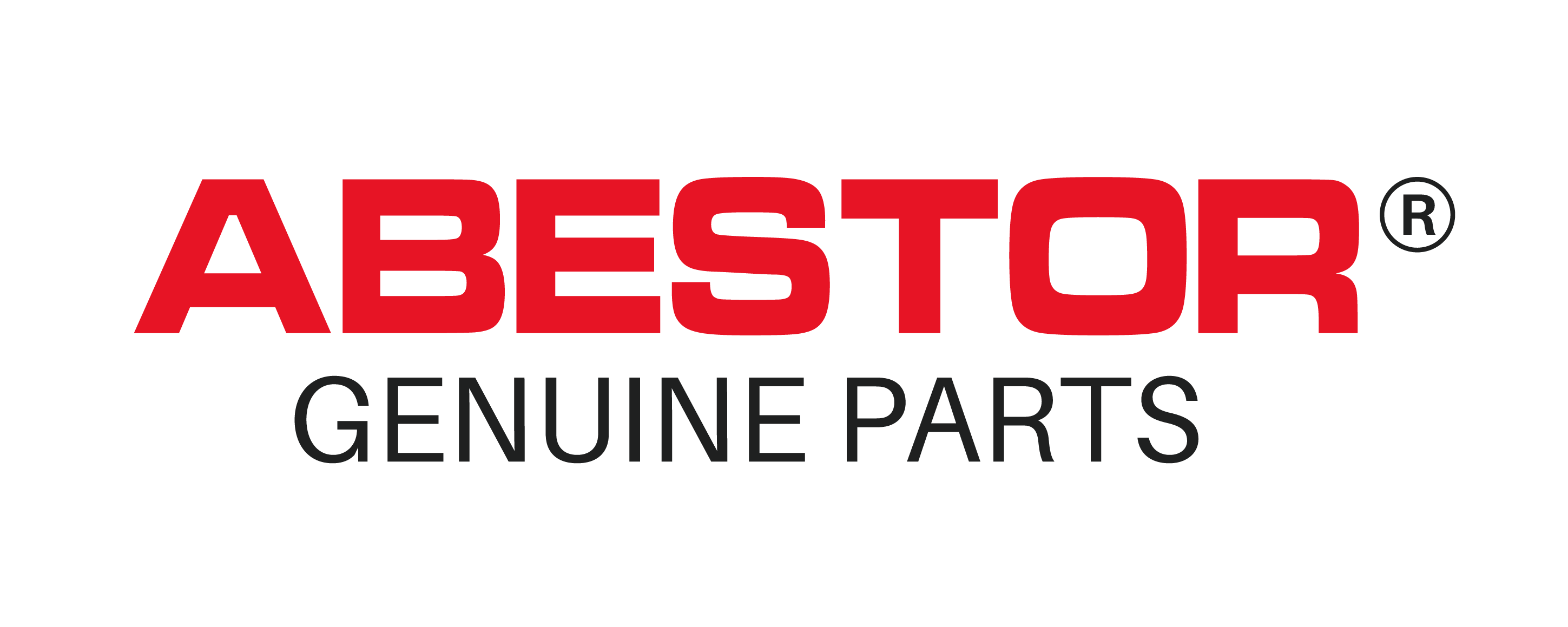Email format error
Email cannot be empty
Email already exists
6-20 characters(letters plus numbers only)
The password is inconsistent
Email format error
Email cannot be empty
Email does not exist
6-20 characters(letters plus numbers only)
The password is inconsistent


Nissan OEM Brake Pads vs. Aftermarket: Which Should You Choose?
When it comes to vehicle maintenance, one of the most crucial aspects is ensuring that your brakes are in optimal condition. After all, your brakes are literally the last line of defense between you and potential accidents. So, when it’s time to replace your brake pads, you’re often faced with a critical choice: Should you go with Nissan OEM brake pads or aftermarket alternatives? This question might seem simple on the surface, but it opens up a world of considerations, debates, and personal preferences.
Understanding the Basics: What Are Brake Pads?
Before we dive into the comparison, let's cover the basics. Brake pads are a component of the braking system that presses against the brake rotor to create friction, slowing down your vehicle. Over time, brake pads wear out due to this constant friction, and they need to be replaced to maintain your vehicle’s braking efficiency.
There are two main categories of brake pads available for replacement: Original Equipment Manufacturer (OEM) brake pads and aftermarket brake pads. Both have their own sets of pros and cons, and the decision between Nissan OEM brake pads vs. aftermarket options can depend on various factors, including your driving habits, budget, and performance expectations.
Nissan OEM Brake Pads: What You Need to Know
Nissan OEM brake pads are specifically designed and manufactured for Nissan vehicles. They are produced by the same company that made your vehicle or by a licensed supplier. This means that OEM brake pads are made to fit your car perfectly, meeting the manufacturer’s specifications in terms of material, design, and performance.
Advantages of Nissan OEM Brake Pads
Perfect Fit and Compatibility: One of the most significant advantages of choosing Nissan OEM brake pads is the guarantee of a perfect fit. Since these pads are designed for your specific model, you won’t need to worry about compatibility issues. They’re made to match the exact dimensions of your braking system, ensuring smooth installation and operation.
Consistency and Quality: OEM parts, including brake pads, are manufactured to meet strict quality standards. This means you can trust that the brake pads will perform consistently over time, providing reliable braking power. With Nissan OEM brake pads, you are getting a product that has been tested and approved by the car manufacturer itself.
Warranty Protection: Using OEM parts typically helps maintain your vehicle’s warranty. If you install aftermarket brake pads and they cause damage or don’t perform as expected, you might void certain aspects of your warranty. With Nissan OEM brake pads, you won’t have this concern, as they are the recommended replacement parts by the manufacturer.
Durability and Longevity: Nissan OEM brake pads are made with high-quality materials that are designed to last. They often have a longer lifespan compared to some aftermarket alternatives, meaning you may not have to replace them as frequently.
Disadvantages of Nissan OEM Brake Pads
Higher Cost: One of the main drawbacks of OEM brake pads is their cost. They are generally more expensive than aftermarket options. This higher price is often justified by the quality and fitment assurance, but it can be a significant factor for those on a budget.
Limited Choices: When you go with OEM brake pads, your choices are limited to what the manufacturer offers. While this isn’t necessarily a bad thing, it does mean you won’t have as much flexibility in terms of material or performance enhancements compared to the aftermarket.
Aftermarket Brake Pads: What’s the Appeal?
Aftermarket brake pads are produced by third-party companies, not by the original vehicle manufacturer. These pads come in a wide variety of materials, designs, and performance levels, providing car owners with numerous options to choose from.
Advantages of Aftermarket Brake Pads
Cost-Effectiveness: Perhaps the most compelling reason to choose aftermarket brake pads is the price. Aftermarket pads can be significantly cheaper than OEM pads, making them an attractive option for budget-conscious drivers. Depending on the brand and quality, you can find aftermarket brake pads at a fraction of the cost of Nissan OEM brake pads.
Variety and Customization: The aftermarket industry offers a vast array of brake pads tailored to different driving needs and preferences. Whether you need pads for daily commuting, high-performance driving, or off-road adventures, there’s likely an aftermarket option that fits your needs. This level of customization is something OEM parts typically don’t offer.
Performance Enhancements: Some aftermarket brake pads are designed to improve specific aspects of braking performance. For instance, high-performance pads might offer better stopping power, reduced brake fade, or less noise. For enthusiasts looking to enhance their vehicle’s braking system beyond factory specifications, aftermarket pads can provide the solution.
Availability: Aftermarket brake pads are widely available from numerous retailers, both online and in physical stores. This availability means you can easily shop around for the best deal or find a pad that fits your specific performance requirements.

Disadvantages of Aftermarket Brake Pads
Quality Variability: The most significant downside to aftermarket brake pads is the potential for inconsistent quality. With so many manufacturers producing aftermarket parts, not all of them adhere to the same standards. This means you might end up with pads that don’t last as long or perform as well as OEM options. It’s crucial to research and choose a reputable brand when going aftermarket.
Fitment Issues: Unlike OEM brake pads, which are guaranteed to fit perfectly, some aftermarket pads might not align as well with your vehicle’s braking system. This can lead to installation difficulties or, worse, compromised braking performance. It’s essential to ensure that the pads you choose are specifically designed for your vehicle’s make and model.
Potential Warranty Concerns: While not always the case, using aftermarket parts can sometimes affect your vehicle’s warranty. If the aftermarket pads cause damage or don’t perform as expected, you might find yourself dealing with warranty disputes. Always check with your vehicle manufacturer or dealer before installing aftermarket parts.
Nissan OEM Brake Pads vs. Aftermarket: Making the Decision
Now that we’ve outlined the pros and cons of both Nissan OEM brake pads and aftermarket options, it’s time to consider which is the best choice for you. The decision ultimately comes down to your specific needs, preferences, and circumstances.
When to Choose Nissan OEM Brake Pads
- You prioritize quality and reliability: If you want to ensure that your brake pads will provide consistent, reliable performance and fit perfectly, Nissan OEM brake pads are the safer bet. They’re designed to work seamlessly with your vehicle, reducing the risk of any issues down the road.
- You want to maintain your vehicle’s warranty: Sticking with OEM parts is often the best way to avoid any potential warranty issues. If your vehicle is still under warranty and you want to ensure that it remains protected, OEM brake pads are the way to go.
- You’re not concerned about the cost: While OEM brake pads tend to be more expensive, the peace of mind they offer might be worth the extra expense, especially if you plan on keeping your vehicle for a long time.
When to Consider Aftermarket Brake Pads
- You’re on a budget: If cost is a significant factor, aftermarket brake pads can provide a more affordable alternative to OEM parts. Just be sure to do your research and choose a reputable brand to avoid any quality issues.
- You want specific performance enhancements: If you’re looking to boost your vehicle’s braking performance beyond what OEM pads can offer, aftermarket options might be the better choice. With so many options available, you can find pads that meet your exact performance needs.
- You enjoy customizing your vehicle: For car enthusiasts who enjoy tinkering and customizing their vehicles, the aftermarket offers a wealth of options. Whether you’re looking for a specific material, design, or performance characteristic, there’s likely an aftermarket pad that fits the bill.
Conclusion: The Right Choice for You
In the end, the decision between Nissan OEM brake pads vs. aftermarket options comes down to what you value most. If you’re looking for a sure fit, reliability, and peace of mind, OEM brake pads are the way to go. However, if you’re willing to explore different options, want to save some money, or seek specific performance enhancements, the aftermarket has plenty to offer.
Regardless of which option you choose, it’s essential to remember that your brakes are one of the most critical components of your vehicle. Investing in quality brake pads—whether OEM or aftermarket—ensures your safety and the safety of others on the road. Always consider your driving habits, vehicle type, and budget when making your decision, and don’t hesitate to consult with a professional mechanic if you’re unsure.
Whether you opt for Nissan OEM brake pads or an aftermarket alternative, making an informed choice will help keep your vehicle running smoothly and safely for years to come.

